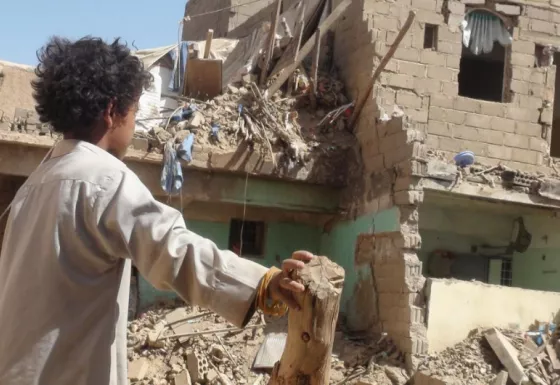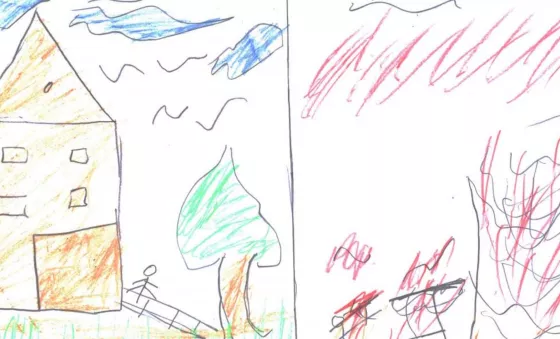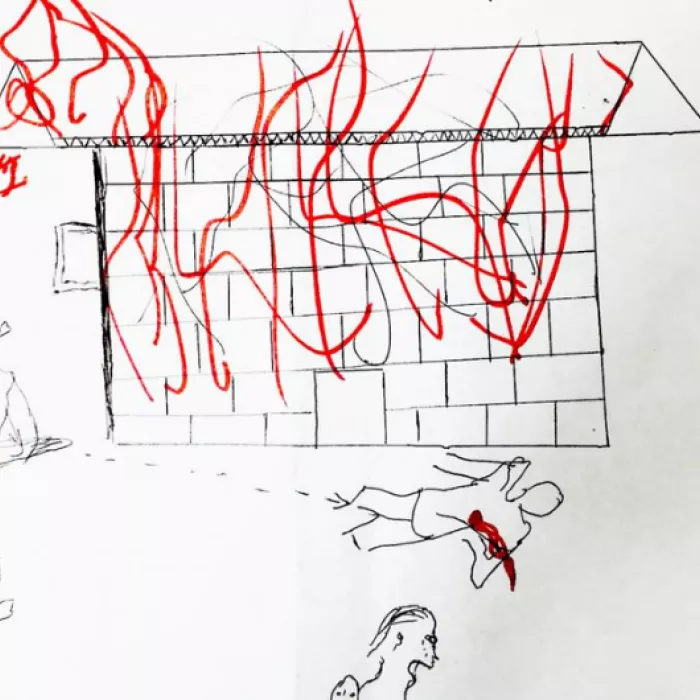UK's role in preventing horrible acts against children is graded in our report, which takes into account diplomacy, aid, development, military, and trade.
There are three grades: green, amber, and red.
Green means the UK is helping to prevent grave violations and is holding states accountable.
Amber shows that the UK’s record is mixed; sometimes it helps protect children, sometimes it names and shames those who are committing horrific acts against them; and sometimes it doesn't.
Red puts shame on the UK Government: its actions undermine the prevention of grave violations and it fails to hold states accountable.
The UK government scored amber for its work in Afghanistan, Iraq, Nigeria, Somalia, and red for its work with the Saudi-led coalition.
"The UK has a clear choice: to be a respected ally it must be a critical friend; that means standing up for British values and the rights of children in war," says Hannah Stoddart, director of advocacy and communications, War Child UK.
Selling arms sales could be stopped to those countries that are tearing children's lives apart; or the UK could be bolder and defend British values abroad by holding more states to account.



